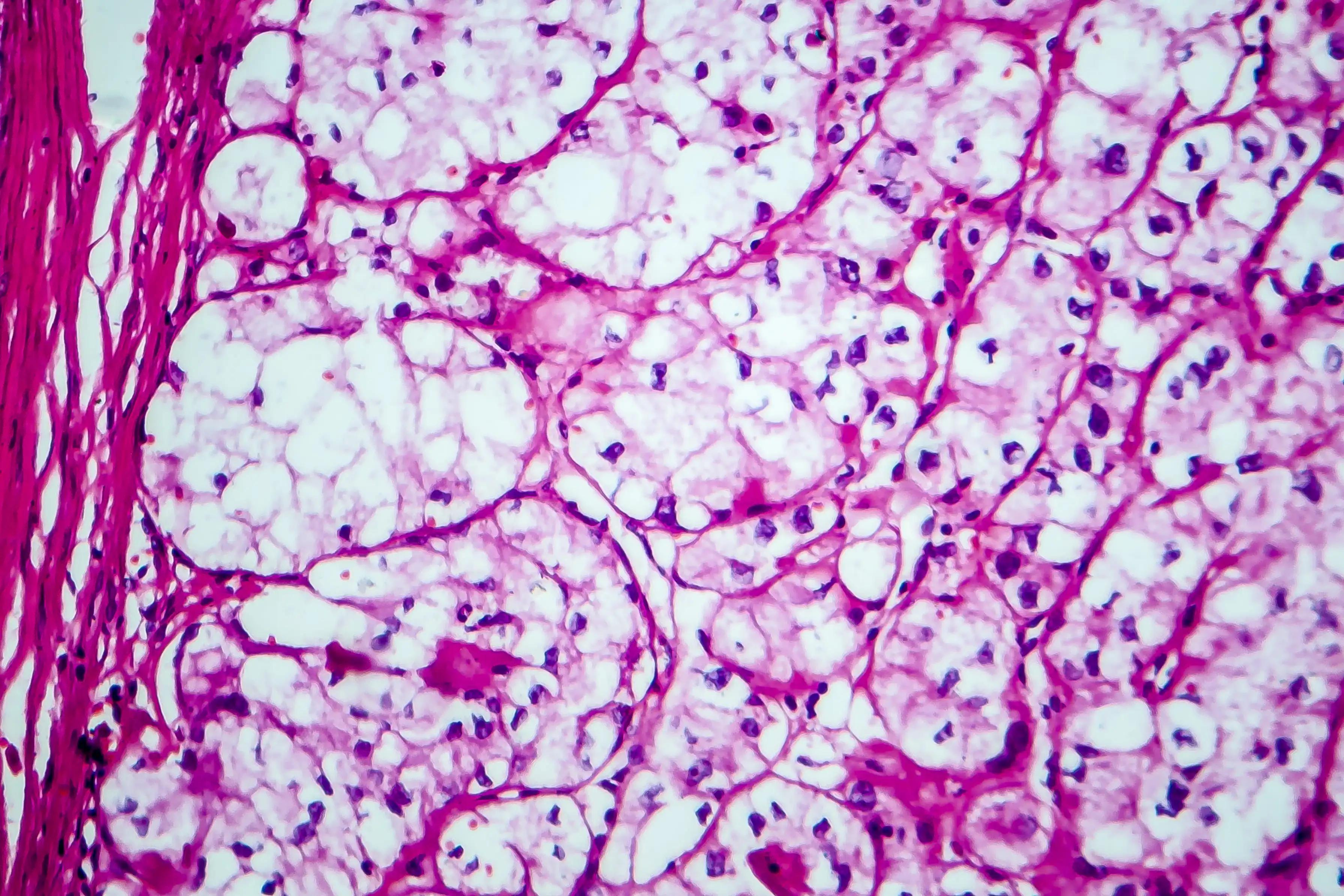KEY TAKEAWAYS
- The OCTOPUS observational trial aimed to investigate the effectiveness, tolerability, and unanswered questions surrounding cabozantinib in aRCC patients.
- Researchers noticed the significant feasibility of cabozantinib in elderly patients, long-term exposure in responders, and promising subsequent therapy activity in aRCC patients.
Real-world studies have delved into the efficacy and tolerability of cabozantinib in advanced renal cell carcinoma (aRCC) within routine clinical settings. However, certain inquiries persist, notably concerning the subsequent activity of systemic therapies following progression on cabozantinib, identifying patterns among long-term responders, and utilizing cabozantinib in elderly patients.
Constance Thibault and the team aimed to access real-world data to provide insights into these unresolved aspects of cabozantinib treatment in aRCC.
They performed an inclusive analysis of the OCTOPUS study, a retrospective examination of consecutive patients with aRCC treated with cabozantinib as 2nd line (2L) therapy from March 2018 to March 2021 across 26 French centers. The pre-defined analysis encompassed a descriptive examination of the cabozantinib second-line regimen, assessment of subsequent-line treatment activity (defined by treatment duration), investigation of patterns among long-term responders (defined as cabozantinib duration exceeding 12 months in patients exhibiting complete, partial response, or stable disease), and exploration of cabozantinib utilization in elderly patients (>75 years).
About 252 patients were included in the study, with a median age of 63 years (range: 20-86) and 84.1% exhibiting clear-cell histology. Upon initiation of 2L cabozantinib treatment, 13.0%, 49.3%, and 37.7% of patients had favorable, intermediate, and poor IMDC risk, respectively, among those with available IMDC scores.
Additionally, 45.8% of patients had an ECOG PS of 1, while 25.8% had a PS of 2. The prevalence of bone, liver, and brain metastases was 130 (52.0%), 69 (27.6%), and 34 (13.6%), respectively, with 102 (40.5%) of patients having three or more metastatic sites. Prior nephrectomy was undergone by 167 (66.3%) of patients.
Furthermore, 154 (61.1%) of patients were pretreated with a tyrosine kinase inhibitor (TKI) regimen, and 94 (37.3%) were pretreated with an immunotherapy (IO) regimen. 157 patients received 3rd line (3L) treatment after cabozantinib, predominantly with nivolumab (55.4%) or a VEGFR TKI (26.1%) (including axitinib (85.4%), the median duration of treatment (DOT) and progression-free survival (PFS) were 8.2 months and 8.0 months, respectively, with a disease control rate (DCR) of 80.3% for 2L cabozantinib.
The study concluded that Cabozantinib demonstrated feasibility in elderly patients and prolonged exposure in long-term responders while showing promising subsequent therapy activity in real-world evidence settings.
The study is sponsored by Ipsen
Source: https://meetings.asco.org/abstracts-presentations/229970
Clinica Trial: https://clinicaltrials.gov/study/NCT05444933
Thibault C, Mourey L, Pasquier D, et al. (2024) “An observational multicenter French study on unanswered questions in patients with advanced renal cell carcinoma (aRCC) treated with cabozantinib: OCTOPUS.” Presented at ASCO GU 2024 (Abstract 430).



